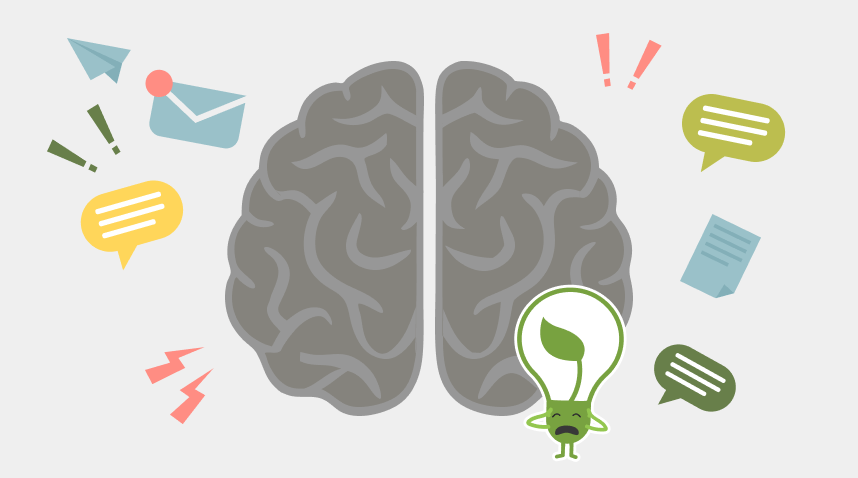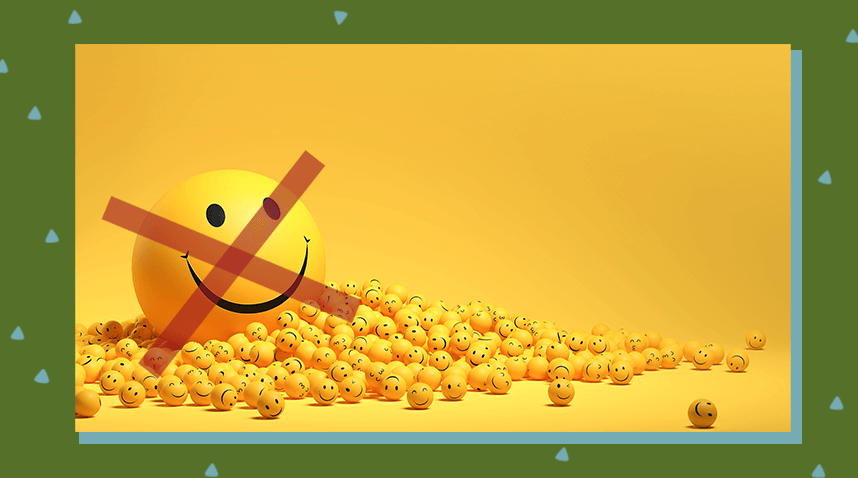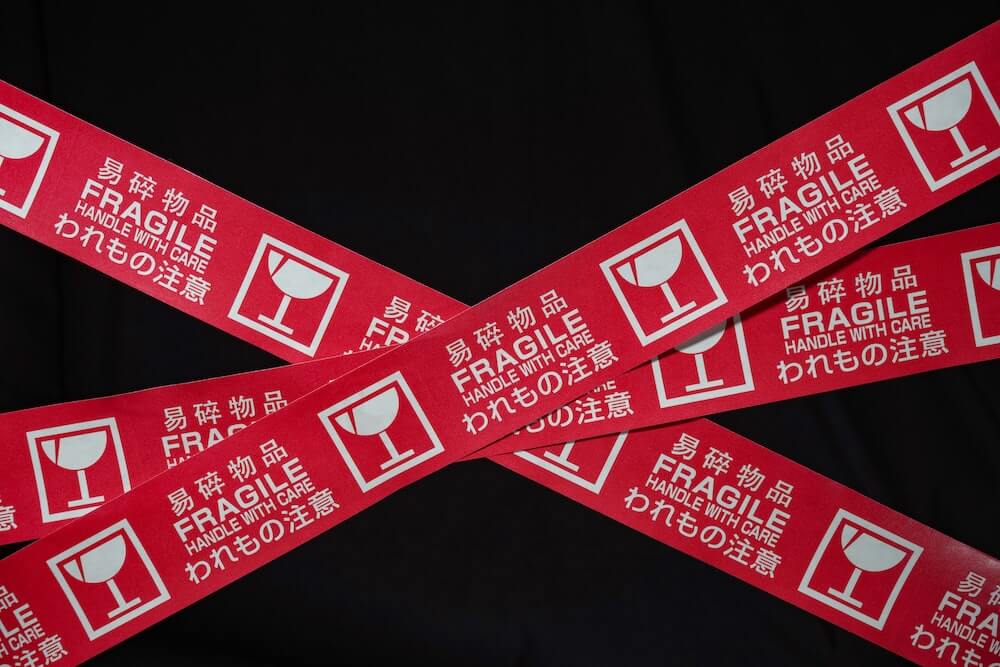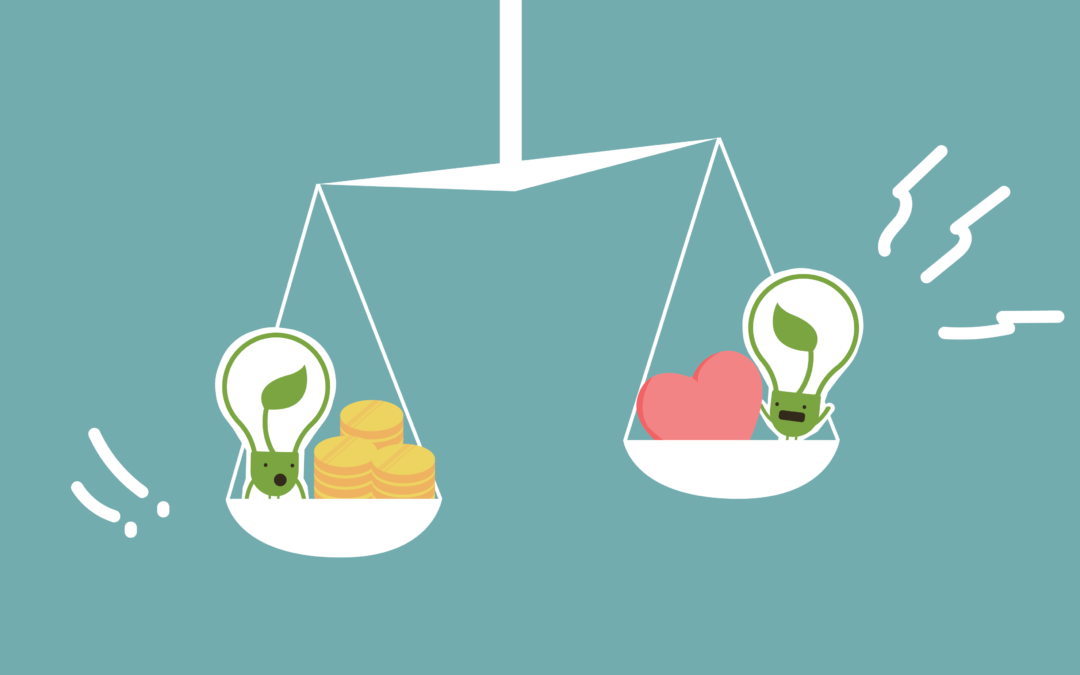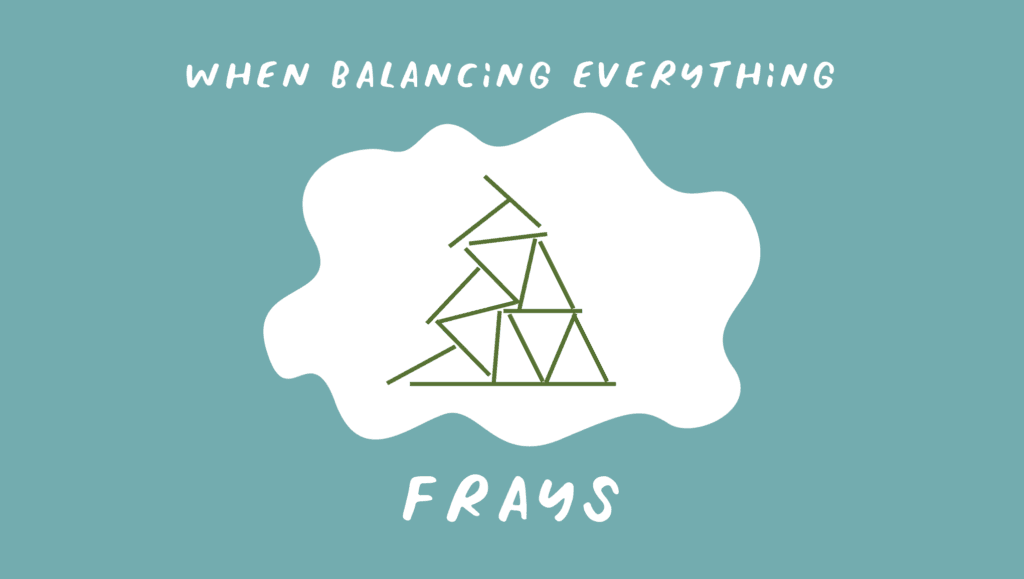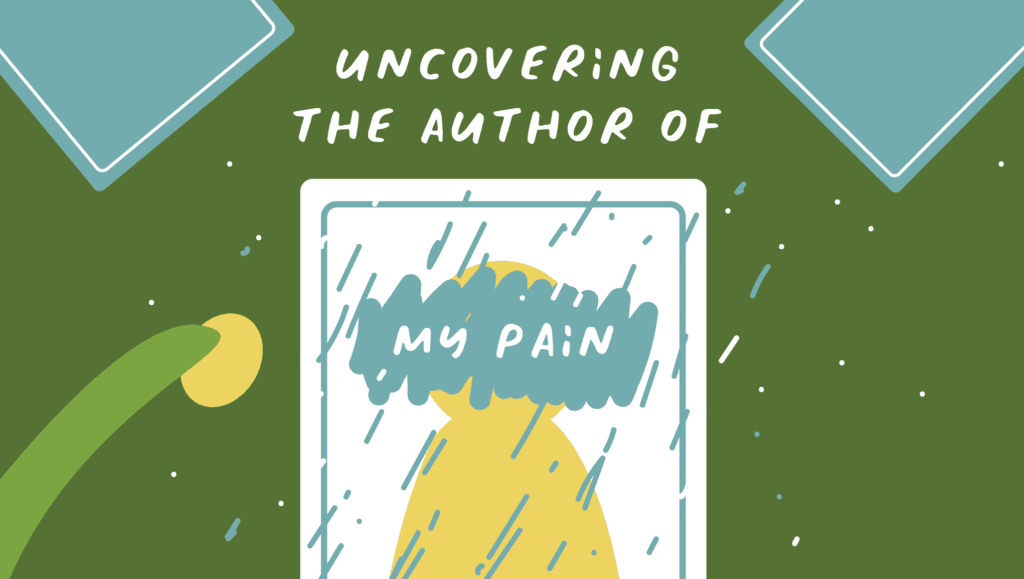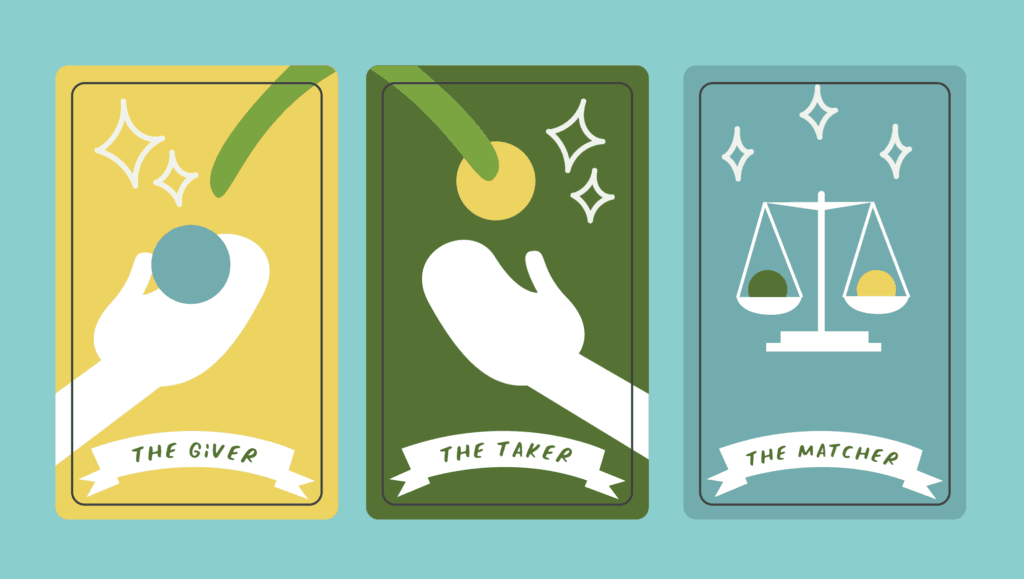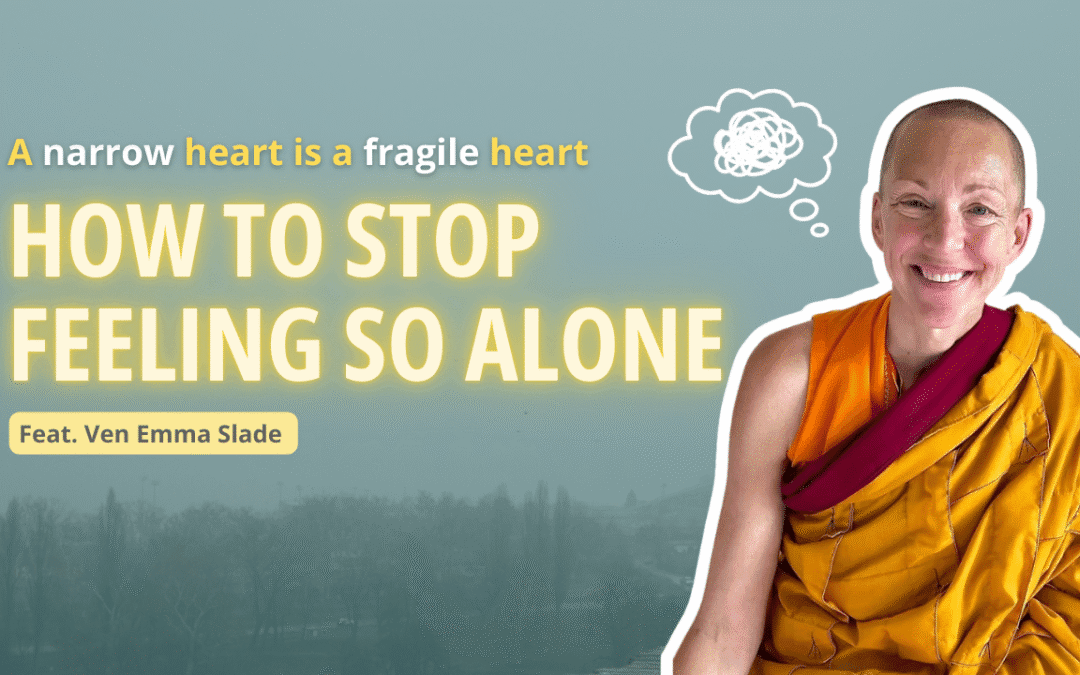
Ep 62: A Narrow Heart Is a Fragile Heart ft. Lopen Ani Pema Deki (Ven Emma Slade)
Summary
In this episode of the Handful of Leaves Podcast, Cheryl speaks with Emma Slade (Ani Pema Deki), a former London investment banker who became a Buddhist nun after a life-changing experience. Together, they explore the tension between modern busyness and spiritual practice, unpacking what happiness, bliss, and resilience truly mean. Emma reflects on Bhutanese attitudes toward life, the challenges lay practitioners face, and the importance of widening our hearts beyond self-interest. She also shares her personal story of faith, karma, and the powerful connection to her teacher that solidified her decision to ordain.
This conversation challenges common assumptions about happiness and invites listeners to reconsider how faith, kindness, and perspective can transform life into a path of genuine freedom.
About the Speaker
👤 Lopen Ani Pema Deki (Emma Slade) was born in Kent, and was educated at Cambridge University and the University of London where she gained a First Class degree. She is a qualified Chartered Financial Analyst (CFA) and worked in Fund Management in London, New York, and Hong Kong.
A deep seated desire to enquire into the deeper aspects of humanity arise following a life- changing business trip to Jakarta, where she was held hostage at gunpoint. She resigned from her financial career and began exploring yoga and meditation and methods of wellbeing with the ultimate aim of turning a traumatic episode into wisdom and conditions for thriving.
She qualified as a British Wheel of Yoga teacher in 2003 and, over the last 19 years, has run numerous yoga workshops and retreats. Her interest in Buddhism as a science of the mind strengthened after meeting a Buddhist Lama (teacher) on her first visit to Bhutan in 2011. This crucial chance meeting led to her studying Buddhism with this Lama and, eventually, led to her becoming the first and only Western woman to be ordained in the Himalayan Kingdom of Bhutan as a Buddhist nun.
Key Takeaways
True Happiness vs. Samsaric Comfort
Emma Slade emphasizes that happiness rooted in worldly comfort is fragile, while liberation from suffering is the only path to lasting peace.
Small Acts, Big Shifts
Even in a busy modern life, small gestures of kindness and widening one’s perspective can cultivate resilience, compassion, and deeper joy.
The Role of Faith and Karma
Emma’s journey from investment banker to Buddhist nun shows how powerful moments of faith and the unfolding of karma can radically redirect one’s life path.
Transcript
Full Transcript
[00:00:00] Emma Slade: Are we seeking to be comfortable in samsara? Are we seeking to get comfortable with the reality of suffering? Or are we seeking to liberate from it?
[00:00:13] Cheryl: Welcome to the Handful of Leaves Podcast. My name is Cheryl, and today I’m joined by Emma Slade, also known as Ani Pema Deki. She once walked the high stakes world of investment banking in London until a near death experience, when she was held at gunpoint in Jakarta. She decided to leave for the mountains in Bhutan to ordain as a nun.
[00:00:35] Cheryl: she will reveal how opening and widening our heart makes us unbreakable. Let’s begin.
[00:00:43] Emma Slade: 50 years ago, there was just a cup of coffee, right? Now there’s a semi skim latte, hazelnut, vegan, free hazelnut coffee or whatever. It’s really quite an undertaking when worldly life, every day it just gets more fascinating. Anybody who’s sincerely wishing to do some practice while still living a worldly life, while I really admire it.
[00:01:05] Emma Slade: Very sincere Buddhist practitioners or spiritual people, even though they have this incredibly busy worldy life, they still feel pulled to do some spiritual development, but it’s so hard for them to find the balance.
[00:01:19] Emma Slade: Practices, prayers, rituals, whatever they are, they take time. That I think is increasingly, that’s the commodity that nobody has. There’s a bit of a conflict there, how do you really train, become aware of your habits and change them without giving the time to it?
[00:01:37] Emma Slade: We look at the great masters, you look at Milarepa, look at Gampopa, if you read their stories, none of them, none of them it was like this, right?
[00:01:46] Emma Slade: We have to be realistic in terms of it’s likely that what you put in is what you get out in most forms of life.
[00:01:53] Cheryl: But then there’s this big conundrum of lay people wanting to have more happiness in their life, but not having enough time to put in the causes for it. Does that mean that lay people they only have to accept that they would be stuck in suffering?
[00:02:14] Emma Slade: It’s a complicated thing. There’s a lot of conditions that need to come together, right? Not only for lay people, for monastic people too. When we look at the texts, there’s a lot of texts which will say, you can do three hours of prayers, but if in that time you were distracted for two and a half hours, then so there’s also the question of intention.
[00:02:33] Emma Slade: We have to look at our motivation because are we seeking to be comfortable in samsara? Are we seeking to be to get comfortable with the reality of suffering? Or are we seeking to liberate from it? When we use the word happiness, usually people are wanting worldly happiness. Usually they’re looking for some way to make their existence un-painful, and comfortable And that’s not what the Buddha taught really because he said that liberation from suffering is the way to permanent unchanging happiness. And the idea that somehow you can be happy in samsara when it’s unreliable and it’s the truth of suffering. So I think when it comes to this word happiness, we kind of have to look at it quite carefully actually.
[00:03:21] Cheryl: Actually, it’s very interesting that you brought that up because when I was looking through your website, I also noticed that your Buddhist name, Ani Pema Deki, it means blissful lotus.
[00:03:33] Emma Slade: That’s right. Trying for that. These names, they’re always aspirational. So we have to bear that in mind.
[00:03:39] Cheryl: What’s your take on the word “bliss” at this point? And what is one common misunderstanding that society in general have about this word about “bliss” and “happiness”?
[00:03:50] Emma Slade: Oh gosh, that’s a big question. Yeah. So in Vajrayana practice you’ll see the word “joy” and different levels of joy being spoken about. And you will see the word “bliss” and you’ll often see bliss and emptiness that arising together.
[00:04:11] Emma Slade: And now these are mental states naturally arising from the results of Dharma practice. And they’re usually spoken about as the results of increasing experience and increasing realisation, and they are not manufactured.
[00:04:28] Emma Slade: They are seen as something which when the clouds of confusion are removed, then these states will kind of naturally show themselves. There’s something which is not that effortful about them.
[00:04:42] Emma Slade: For experience of joy or bliss to arise, my understanding is that you can’t kind of make that happen. It’s more like when it’s effortless that those feelings arise.
[00:04:54] Emma Slade: When I think back on my life before I was a nun, you have good things happen. But from my small experience, I can’t really equate any kind of experience of joy or bliss from dedicated Dharma practice to those experiences, they seem quite different to me.
[00:05:10] Emma Slade: Because the worldly joy or bliss, just from my perspective now, it looks very manufactured and very temporary because it doesn’t protect you from feeling bad two days later. It changes. It disperses. It’s not very stable.
[00:05:27] Cheryl: Bhutan is known for being the happiest country in the world. What is the difference you notice in people living there and people living in, maybe UK or Hong Kong where you were living at before becoming a nun?
[00:05:41] Emma Slade: Firstly, now that many areas and countries and institutions have been trying to quantify happiness, in some of those studies, Bhutan doesn’t do frighteningly well. The Scandinavian countries appear to be at the top of the list there. You probably know from your life if you think maybe if I asked you on Sunday how happy you were and then I asked you on Thursday how happy you are.
[00:06:06] Emma Slade: You may not have the same number. So I think that there’s lots of questions about how we really quantify this and many of my experiences in Bhutan, I think in some ways they’re not actually captured in the indices. So, for example, in Bhutan, often people are incredibly accepting of challenges and obstacles. They’re very mentally resilient to them, I feel some of those qualities and attitudes that I’ve seen protect people from clinging to difficulty, ruminating on it, continuing to suffer because of it. So I feel like officially Bhutan, is not at the top of the pile of happy countries. But the attitudes that I’ve encountered, the way people support each other, they stick together in times of difficulty.
[00:06:53] Emma Slade: Quite amazing. And of course they have the bedrock of Dhamma, the bedrock of great faith and belief in many lifetimes in rebirth. They don’t have that clinging to this one life, which I think again, is this very helpful attitude for ensuring that we’re less vulnerable to the ups and downs of a worldly life.
[00:07:16] Cheryl: What are one or two things that we could learn that we could apply to become more content, more resilient in our busy lives?
[00:07:25] Emma Slade: Even in a busy life, sometimes it’s only gonna take two minutes to help somebody with their bag, give somebody a smile on the tube. Send a message to somebody is dealing with something difficult. Even in a busy life, you can just stretch a little to be a little bit more thoughtful, a little bit more kind.
[00:07:45] Emma Slade: Try to make your contribution to the world more than just your own existence, right? Even in a busy life. If you have a bit more time, you could do some reflection on what is your motivation. Is your motivation always for yourself? Is it for yourself and a few people? Is it for yourself at a wider circle of people? How narrow is your view of things? Who are you really dedicating your time and your intelligence and your efforts to?
[00:08:14] Emma Slade: And vast happiness will come from connecting to a vast number of beings, whether with your mind or with your activity. So you may be somebody who’s very busy, but you may curiously be in a position where you could help a lot of beings without too much effort because you may be very good in computers or with a network. I think it’s also worth checking how your view of yourself is, and don’t spend too much time ruminating on negative ideas about yourself or others. It’s just a waste of time. It’s a waste of energy.
[00:08:50] Cheryl: I was having a very interesting conversation with a friend and I was sharing that the way to have a meaningful life is to be of benefit to oneself and of benefit to others. Mm-hmm. And she shared with me: “Why bother about anyone outside of your family and loved ones?” And I thought that was a very interesting perspective that many modern people hold. Like, why bother? Why care? Why should we not be selfish?
[00:09:20] Emma Slade: So when you say that, I just imagine a heart that’s very like this, right? And it says, okay, these are the people I’m gonna think about and care about.
[00:09:27] Emma Slade: And all of these ones I’m not gonna bother with. How does that sound as a recipe for living your life?
[00:09:32] Cheryl: Restricted. Even as you’re saying, I’m feeling all the tension.
[00:09:35] Emma Slade: Yeah. And to be honest, in this little thing that we’ve created here where there’s us and maybe five other people, right? What do we know when we look at human existence in the course of a human life? Is it usually the people that are closest to you, the ones you have the biggest arguments with?
[00:09:51] Cheryl and Emma: Yes.
[00:09:52] Emma Slade: Think of the number of people that get divorced. Think a number of people that fall out with their parents or their siblings right? So then what happens? No breadth of connection, which will also support you if this area becomes tricky.
[00:10:04] Emma Slade: So, just in a kind of selfish way, you are hedging your bets a bit more carefully if you it’s like an investment, you don’t put all your eggs in one basket. It’s easy to stay in your comfort zone, very easy. But from a Buddhist point of view, that’s not the way to enlightenment.
[00:10:23] Emma Slade: Being something like a Bodhisattva, working for the benefit of others is about deliberately beginning to stretch your comfort zone. So your heart and your mind become wider and wider until they have the limitless qualities of love and compassion, etc. That’s what Buddhism offers. To me that’s much more appealing than this, this idea.
[00:10:47] Emma Slade: As humans, we have this incredible mental faculty to make decisions about how we want to live, who we want to help, how we want to contribute or not.
[00:10:57] Emma Slade: These are decisions that worms in the ground and birds in the air don’t really have the choice to make. I mean, that’s the amazing thing about having the opportunity to have a human life, isn’t it?
[00:11:07] Cheryl: And I guess speaking of jolting experiences, I would love to hear from you firsthand, how you became a Buddhist, and I think one word that really caught my attention is the idea of faith, from becoming a Buddhist, to becoming a nun. How did that journey happen?
[00:11:26] Emma Slade: I really wanted to be interested in Buddhism from a very young age, and particularly meditation. I just thought, what is that? That looks intriguing. And so I became a Buddhist.
[00:11:39] Emma Slade: And then obviously when I went to Bhutan for the first time in 2011 and I met the person who was to be my teacher for those first few years.
[00:11:47] Emma Slade: And it was him who suggested or told me to become a monastic. It definitely felt more like an order. And I’ve been a nun now for 13 years, which I can’t quite believe because it sounds like a long, long time actually.
[00:12:03] Emma Slade: Not everyone will be a monastic, and I always feel whenever I’m eating some food or reading a book, thank goodness not everybody’s a monastic, or I would be starving to death with nothing to eat and nothing to read. But I think for me it’s definitely the right path.
[00:12:19] Cheryl: Tell me more, because it sounds like there’s a lot of faith that you had in your teacher as well.
[00:12:24] Emma Slade: We have these moments in your life where everything is just so clear and obvious, like there’s not any other option.
[00:12:30] Emma Slade: Most of the time we’re like, “Do I want to eat spaghetti or eat potatoes?” Or whatever. We’re constantly in this confused state of, “do I want it, do I not want it?” That’s the nature of samsara. And you have these very powerful moments of faith where all of that confusion drops away and it’s just so clear what to do. And I think I had a couple of moments like that in my journey in Bhutan.
[00:12:53] Emma Slade: When I first met my teacher in Bhutan, when I heard his voice for the first time, it’s just like a thunderbolt. It’s just a very powerful experience. And you don’t kind of think, “why is that interesting? Why is it because it’s got such a low tone or whatever?”
[00:13:08] Emma Slade: It’s just, “wow, there’s some connection here that’s very powerful, very obvious.”
[00:13:17] Emma Slade: And with that degree of connectedness, it gives you a strength to want to practice and study and return to them and gain their help and continue. So faith supports you in your wish to make progress. It stops you giving up. It is this connectedness, you don’t feel as if you’re just kind of on your own, somehow it helps to make the whole landscape so much bigger than just you. And I think that’s extremely helpful for practice.
[00:13:49] Emma Slade: In text they often say to examine a teacher before becoming their student. But it’s also possible to have these very powerful momentary experiences, because you can’t just order one on Amazon. If you have a teacher you profoundly connect with, you really are inspired to study and practice, how lucky to have that.
[00:14:09] Cheryl: But it’s so interesting that your affinity with Tibetan Buddhism I, I didn’t read about your childhood but I assumed you grew up in UK?
[00:14:21] Emma Slade: Yes, that’s right.
[00:14:22] Cheryl: Oh, so like, different countries.
[00:14:24] Emma Slade: Yes, I know. I think that when I’m in the mountains of Bhutan, I’m at like 3000 meters. And then I was born at sea level. My Lama just said it’s just kamma. You just have very, very strong kamma. All the texts say only the Buddha can really understand the full workings of karma, so I’m not gonna attempt to take a stab at it. But for some reason, everything for me seems to ripen in Bhutan. Kamma is a very difficult thing to fully understand, but I think when you begin to see it working in your life, then you’re gonna like, well, I don’t really get how this works, but I am not gonna doubt it.
[00:15:03] Emma Slade: Who thought that, a girl born in Whitstable in England would end up spending half a time in Bhutan and then fully ordained there. It’s kind of crazy. I feel like my whole life has a testament to the power of kamma.
[00:15:18] Emma Slade: (stay tuned for part 2?) Not finding what we desire is suffering, and that’s such an important suffering.
[00:15:25] Emma Slade: They don’t have the job they like, they don’t have the partner that makes them, I don’t know what, they don’t like their boss, right? These are all mental states that arise from being in difficult circumstances, it leads us to be in a state of suffering based on aversion.
Resources:
Lopen Ani Pema Deki (Emma Slade)’s website – https://www.emmaslade.com/
Lopen Ani Pema Deki (Emma Slade)’s charity fundraiser – https://www.openingyourhearttobhutan.com/
Special thanks to our sponsors:
Buddhist Youth Network, Lim Soon Kiat, Alvin Chan, Tan Key Seng, Soh Hwee Hoon, Geraldine Tay, Venerable You Guang, Wilson Ng, Diga, Joyce, Tan Jia Yee, Joanne, Suñña, Shuo Mei, Arif, Bernice, Wee Teck, Andrew Yam, Kan Rong Hui, Wei Li Quek, Shirley Shen, Ezra, Joanne Chan, Hsien Li Siaw, Gillian Ang, Wang Shiow Mei, Ong Chye Chye, Melvin, Yoke Kuen, Nai Kai Lee, Amelia Toh, Hannah Law, Shin Hui Chong, Dennis Lee
🙏 Sponsor us: https://handfulofleaves.life/support/
Editors and Transcribers of this episode:
Hong Jiayi, Tan Si Jing, Bernice Bay, Cheryl Cheah
Visual and Sound Effects
Anton Thorne, Tan Pei Shan, Ang You Shan





